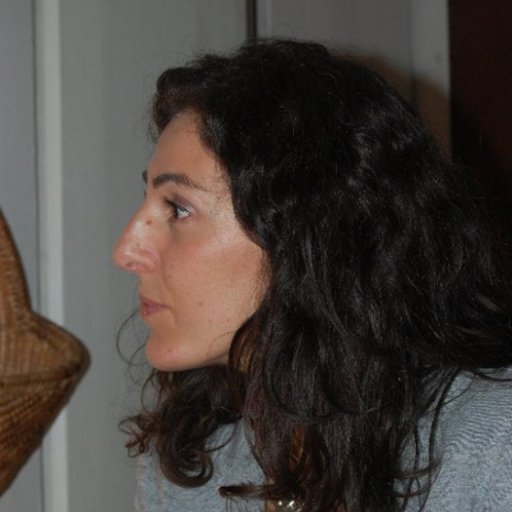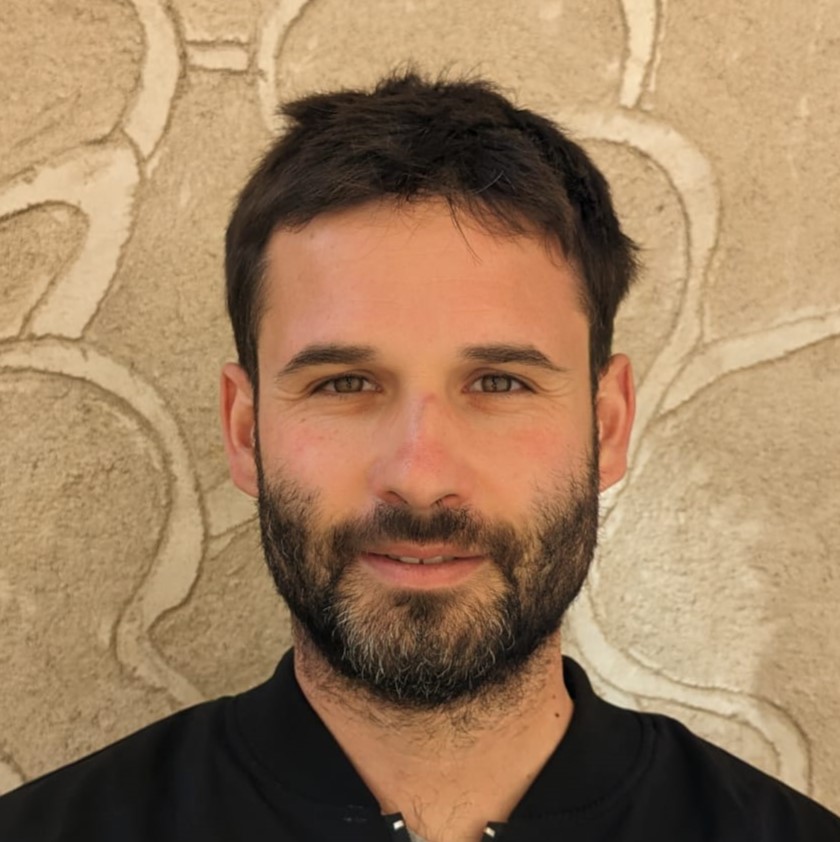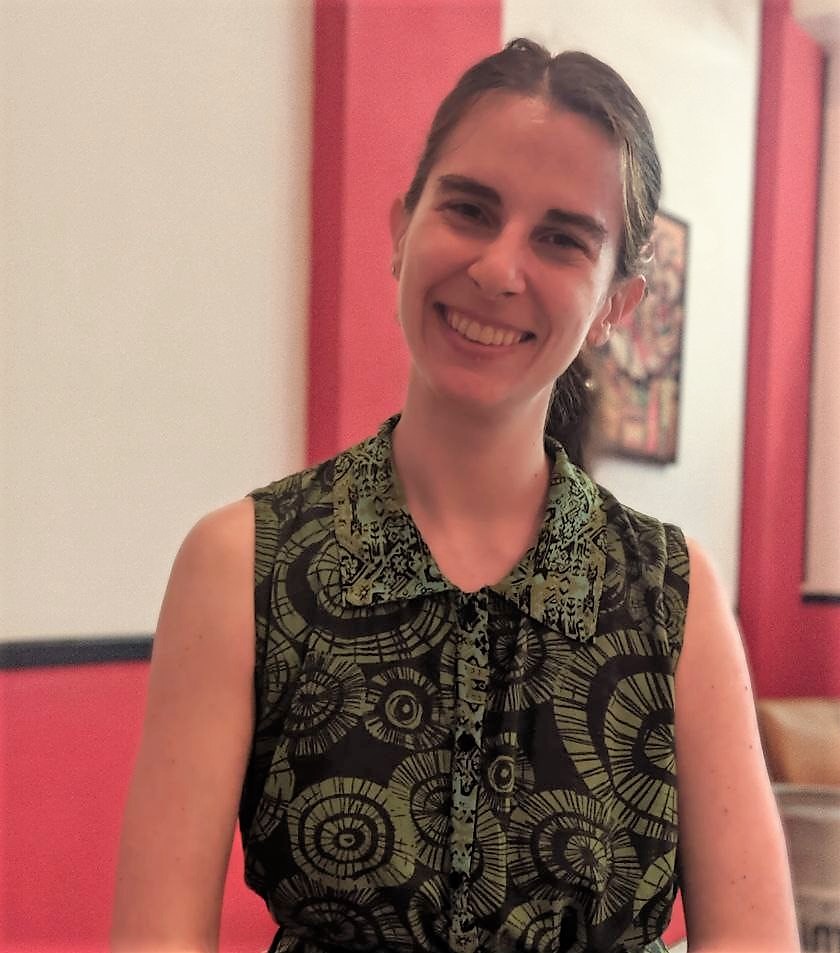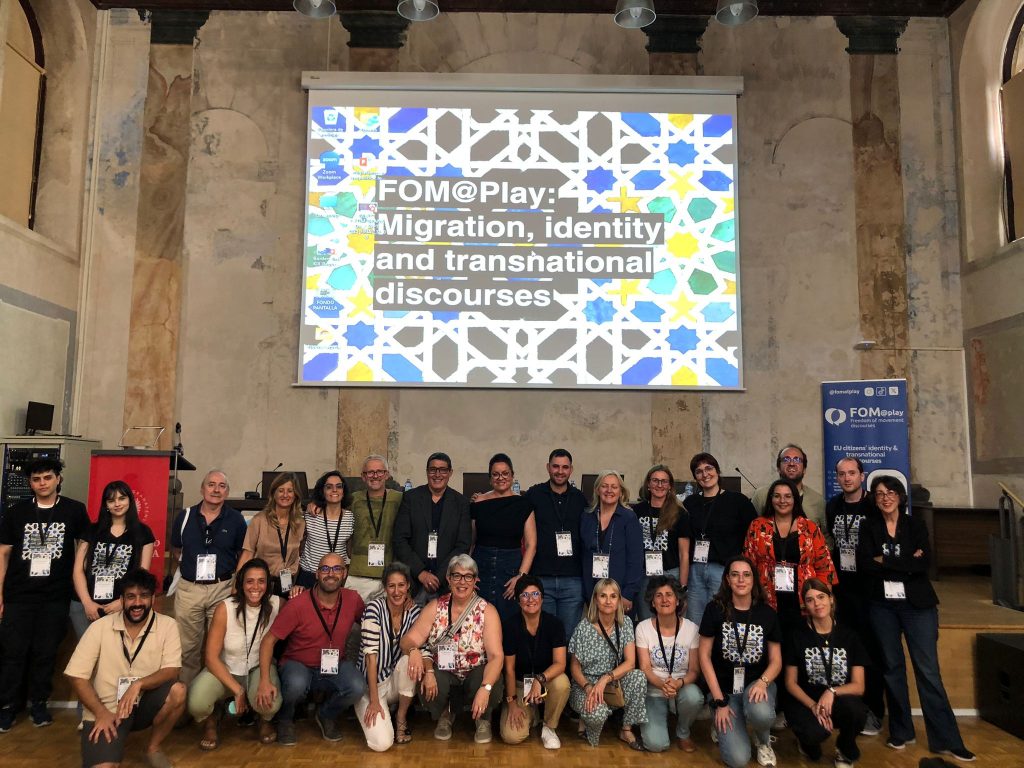Scholars worldwide come together to discuss the role of languages in academic communication
Multilingualism is at the heart of scholarly communication, yet its role is often overshadowed by the dominance of English in many fields. The 4th Helsinki Initiative Webinar on Multilingualism is taking place today! Researchers from different nationalities will come together in an online seminar to discuss the use of various languages in scientific research and its implications for academic publishing.
The fourth edition of the Helsinki Initiative Webinar will bring together three researchers from various institutions and countries to share their recent work in this field. Among them, Nicolás Robinson-García, the Scientific Director of our Unit, will be participating as one of the speakers in this virtual seminar.
The seminar will take place via Zoom, requiring prior registration through this link. It will be led by Professors Emanuel Kulczycki and Janne Pölönen. The event is free and open to everyone.
Programme
 | Ginevra Peruginelli (IGSG/CNR) Multilingualism among researchers at the National Research Council of Italy In the realm of scholarly communication, English frequently serves as the dominant language, especially in STEM fields. Ginevra presents the main results of a CoARA WG survey investigating perceptions and reactions to multilingualism and language biases in scientific research within the CNR community in Italy. The survey had 910 respondents (13,3% of 6,833 CNR staff members), of whom 87% are from STEM fields. While 64% have published peer-reviewed research only in English (and 36% occasionally also in other languages), vast majority of respondents (85%) use Italian in oral communication. |
 | Nicolas Robinson-Garcia (University of Granada) Language use and publication patterns in the humanities Humanities are distinct from other sciences in terms of use of diverse languages in scholarly ommunication. Nicolas presents the results of a new study on the publication patterns of 40,000 humanities scholars in Spanish speaking countries using data from the Dialnet database. In terms of publication language, Spanish is the dominant language in most humanities fields. By identifying archetypal publication profiles, the study show a relation between publication patterns and research topics. |
 | Lucía Céspedes (Érudit, Canada) Evaluating the linguistic coverage of OpenAlex OpenAlex is emerging as one of the major open and inclusive research information systems for global publication and citation data. Lucía presents the main findings and implications of a new study, which evaluates the linguistic coverage and metadata accuracy of OpenAlex. Manual validation of metadata on language in a sample of 6,836 articles in OpenAlex, of which 68% were in English, suggests a much more linguistically diverse landscape of global scholarly output than Web of Science. |



